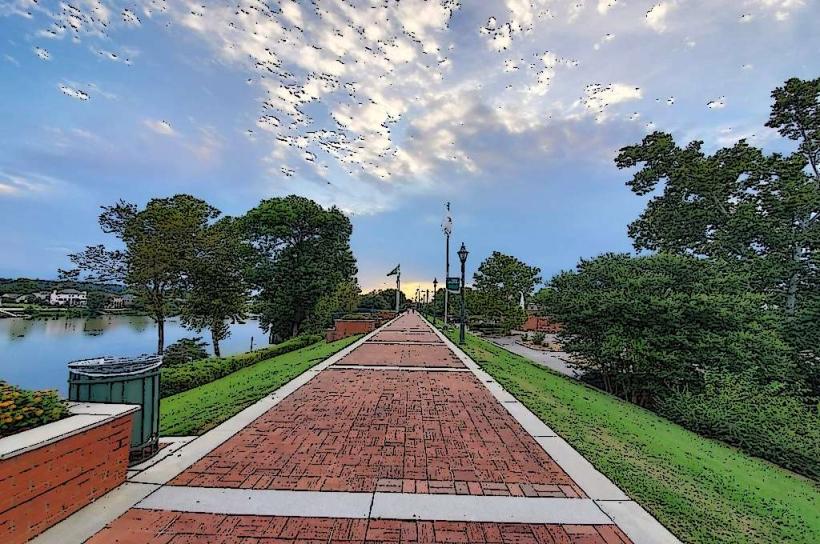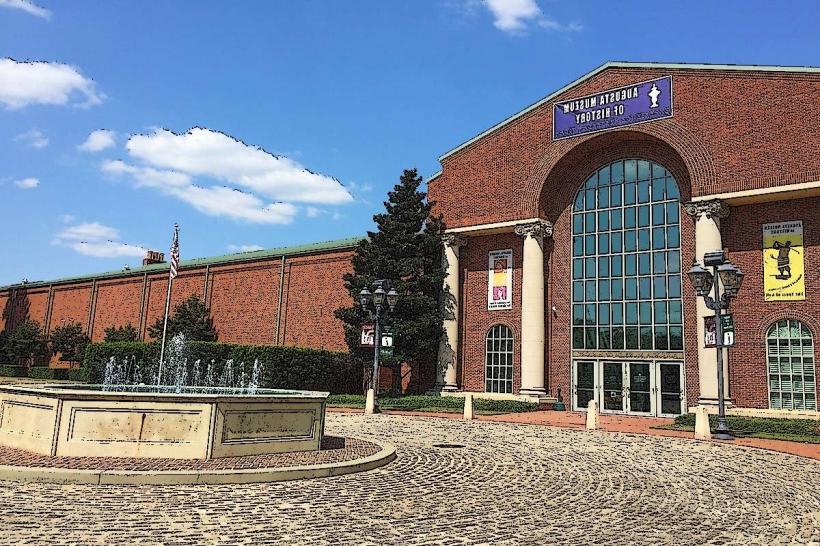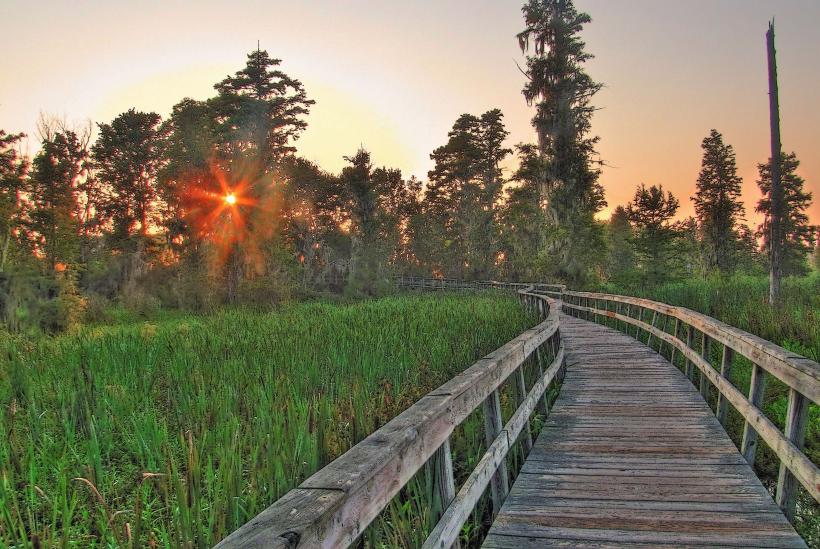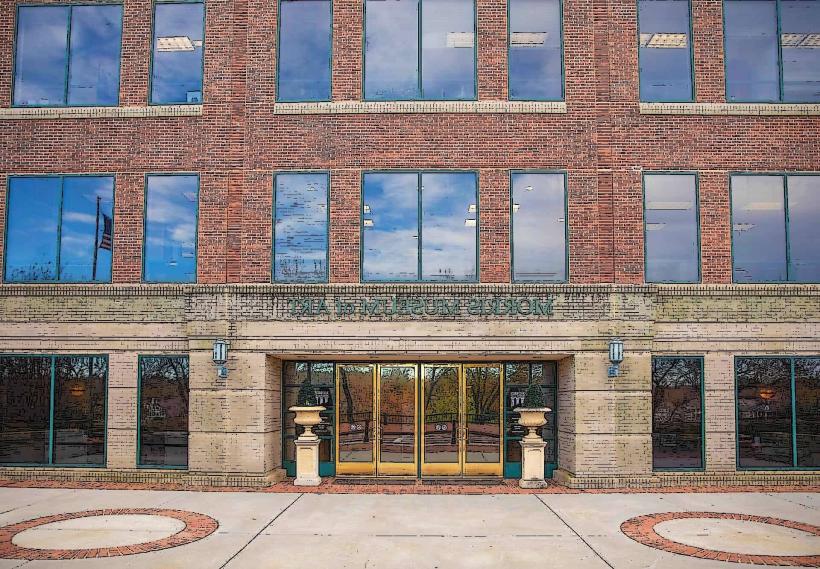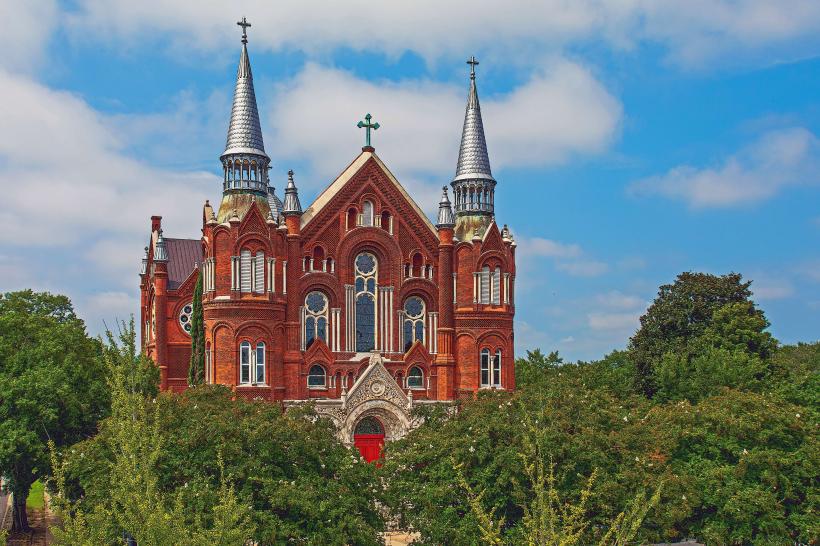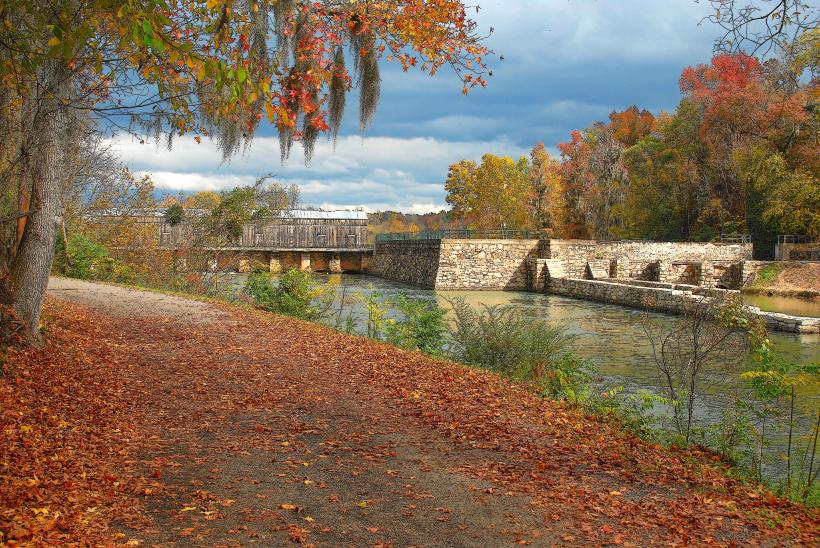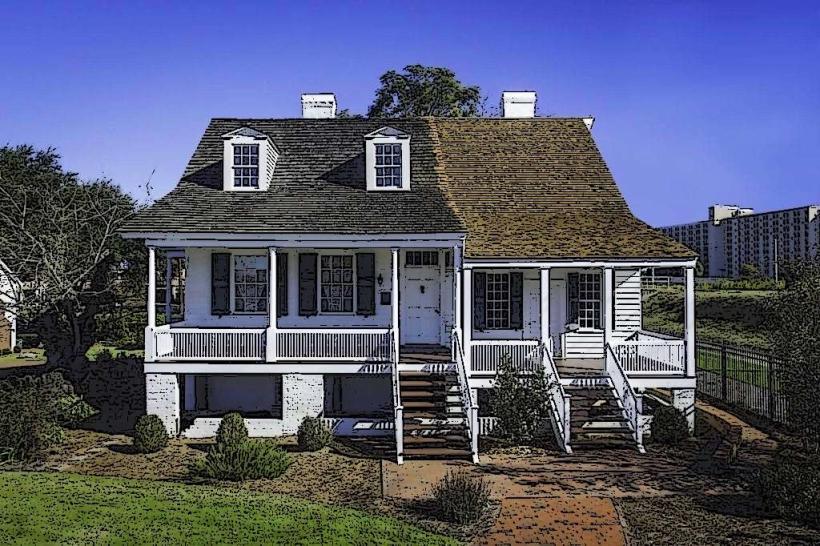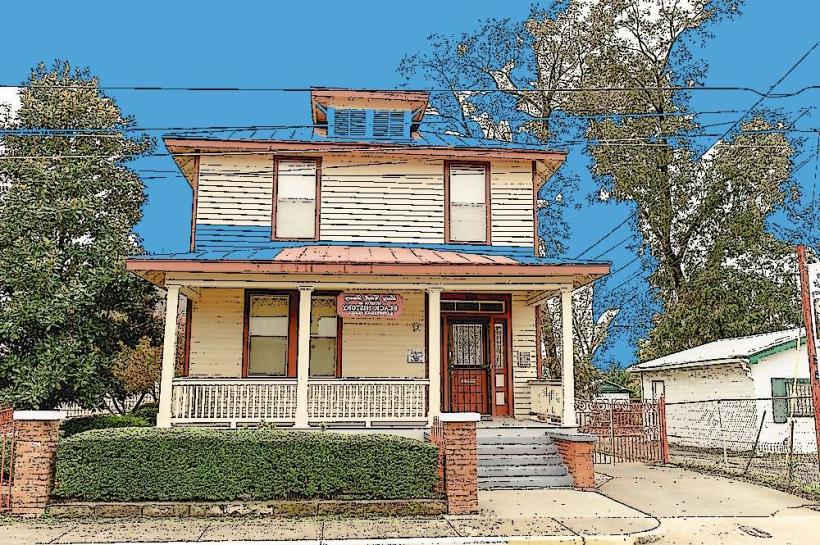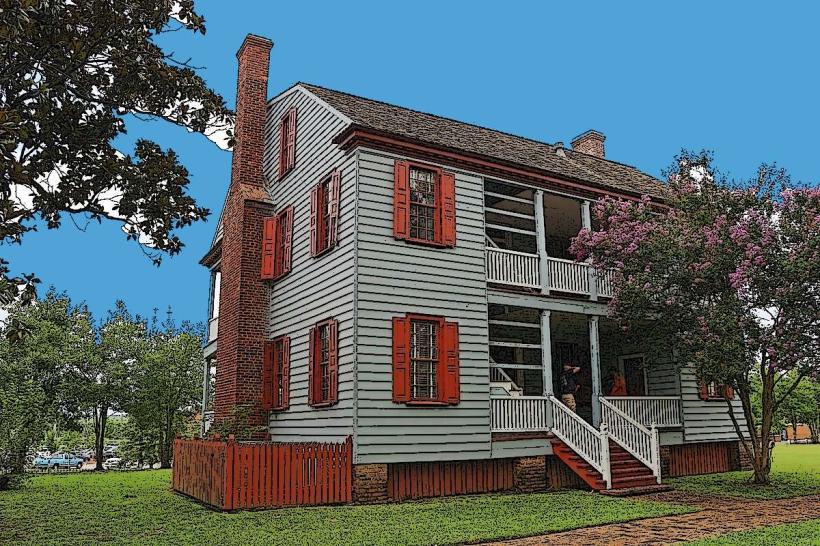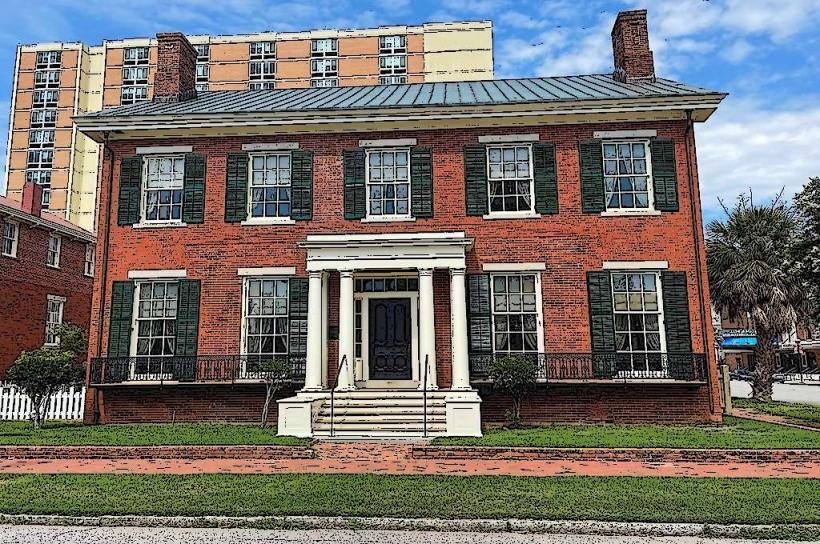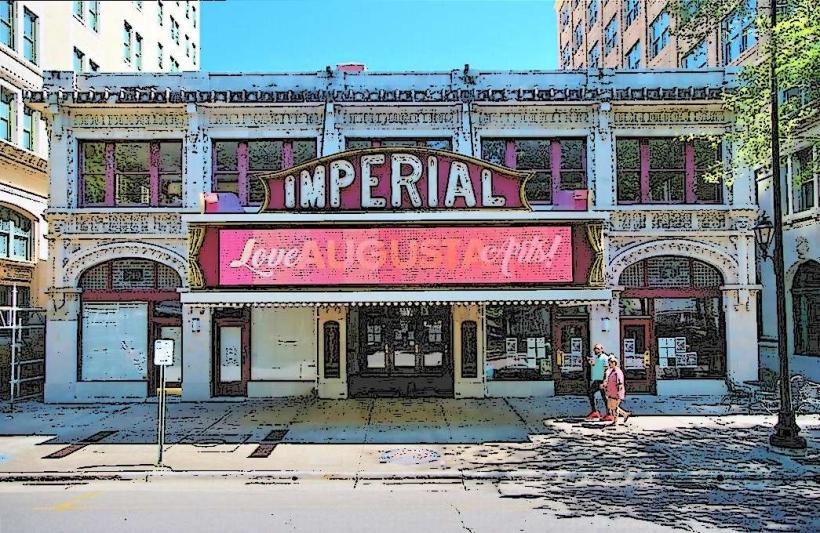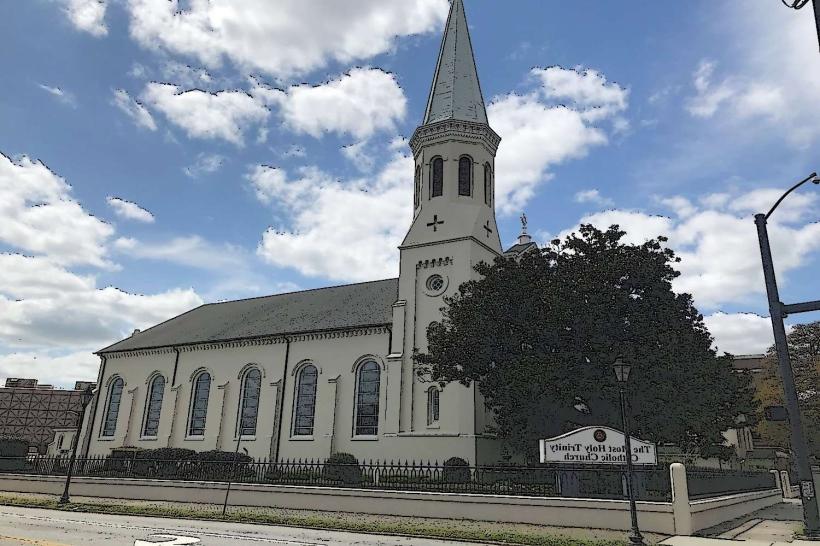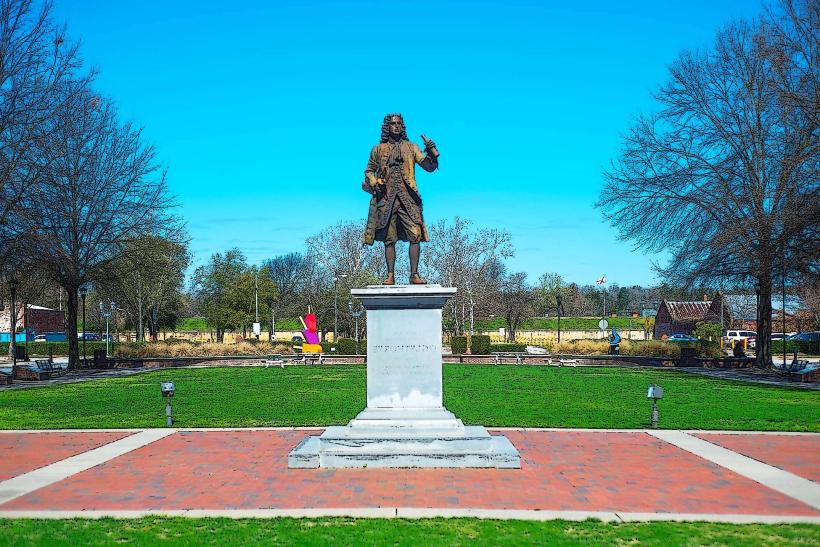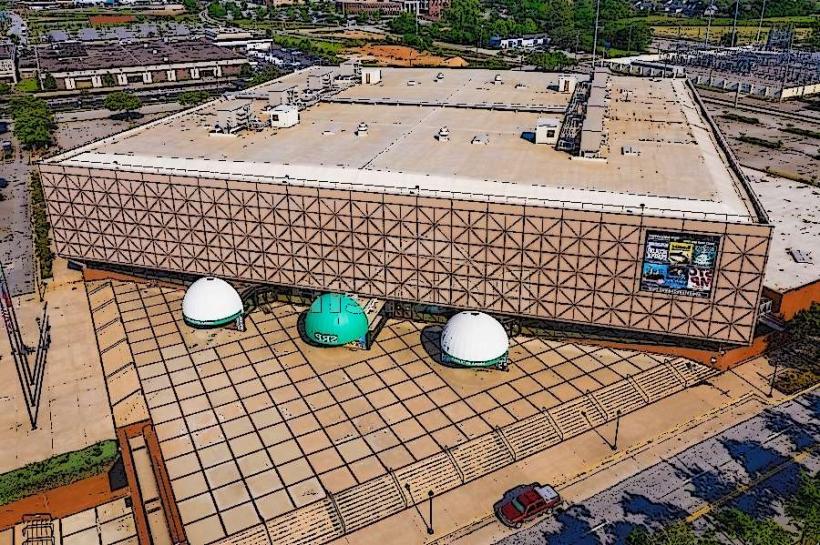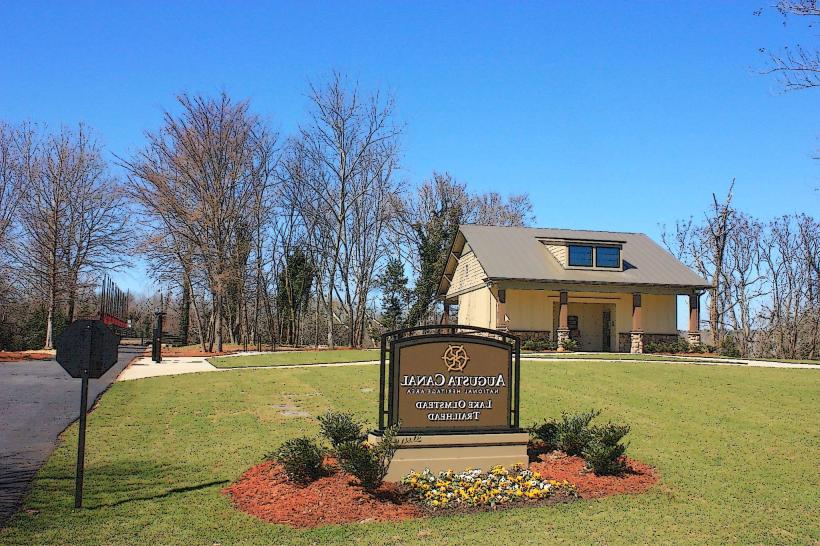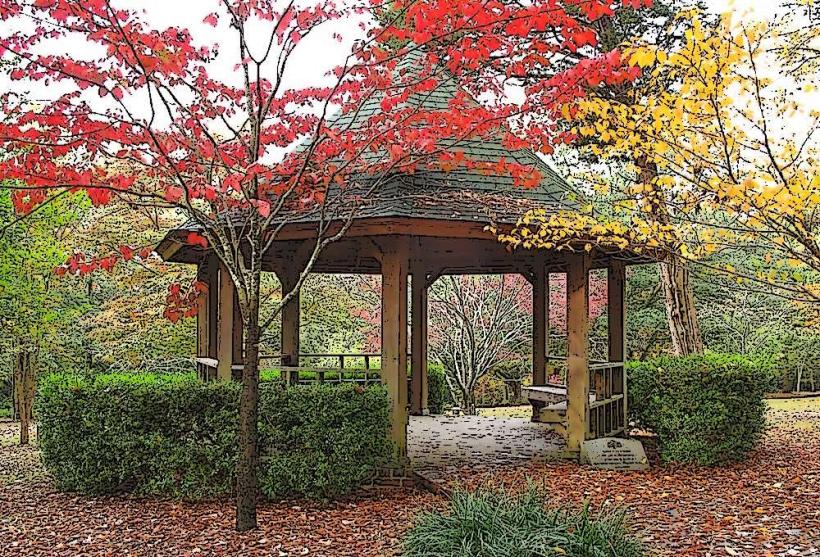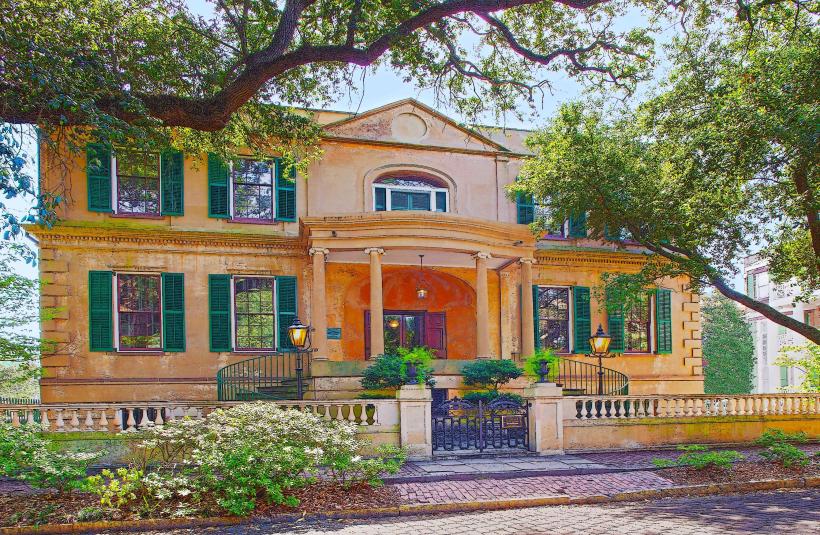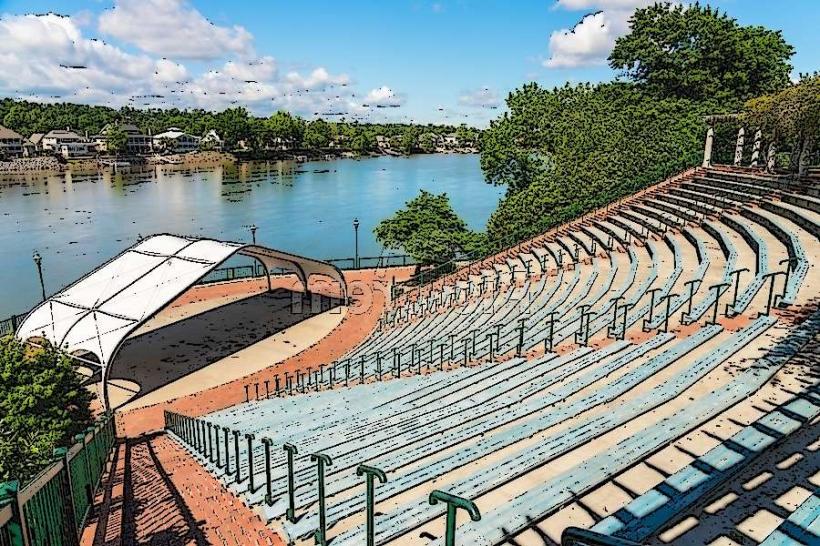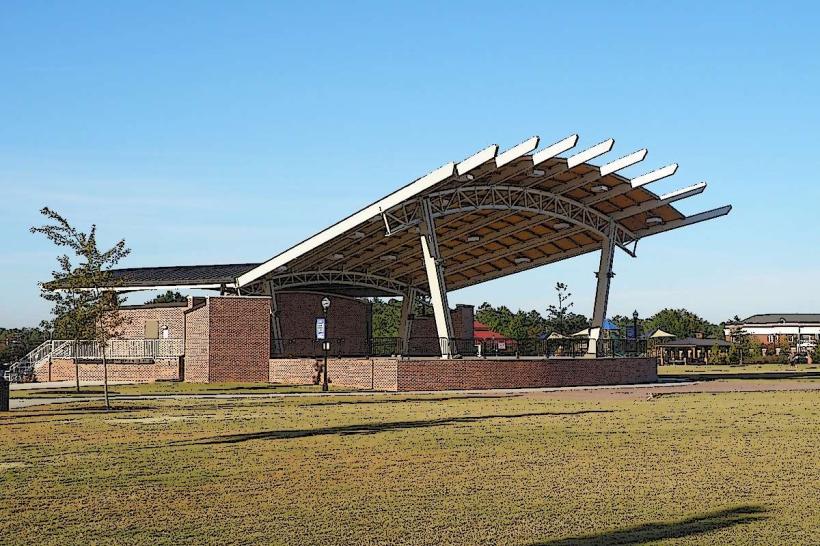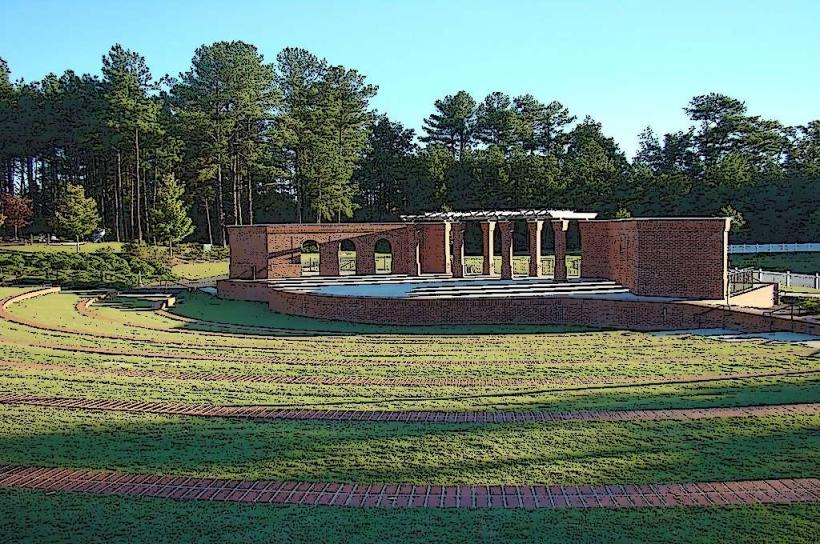Information
City: AugustaCountry: USA Georgia
Continent: North America
Augusta, USA Georgia, North America
Augusta serves as the county seat of Richmond County and is situated on the Savannah River, marking the border between Georgia and South Carolina. It is the second-largest city in Georgia and a primary center for cybersecurity, medicine, and biotechnology.
Historical Timeline
Augusta was established in 1736 by James Oglethorpe as a trading post at the fall line of the Savannah River. Primary governance eras include its role as the state capital during the American Revolution (intermittently), its 19th-century expansion as a cotton manufacturing hub via the Augusta Canal, and its 21st-century emergence as a global cybersecurity node. Key historical events include the 1933 founding of the Augusta National Golf Club and the 1911 establishment of the Medical College of Georgia.
Demographics & Population
The population within city limits is approximately 202,000, with a metropolitan area exceeding 610,000. The demographics are Black or African American (54%), White (35%), and Hispanic or Latino (5%). The median age of the population is 33.7 years.
Urban Layout & Key Districts
The city is organized on a grid system focused on Broad Street. Downtown (Old Town) is the historic center for government, arts, and the Riverwalk. Summerville is a high-density historic district known for its architecture and proximity to Augusta University. The Medical District houses the state’s premier medical institutions. The West End serves as the primary retail corridor leading toward the suburban expansion.
Top City Landmarks
Augusta National Golf Club (Home of the Masters Tournament)
Augusta Canal National Heritage Area
Boyhood Home of President Woodrow Wilson
James Brown Statue (Broad Street)
Transportation Network
Movement is serviced by the Augusta Transit (bus) system. The city is a major node on I-20 and I-520 (Bobby Jones Expressway). Augusta Regional Airport (AGS) provides domestic connections. Ride-sharing via Uber and Lyft is highly active. Traffic density is moderate, with extreme congestion occurs during the first full week of April (The Masters).
Safety & "Red Zones"
The general safety level is moderate. Caution is advised at night in specific areas of South Augusta and neighborhoods bordering the medical district, which experience higher rates of property crime. Common scams are infrequent, usually involving unauthorized ticket or badge "reselling" near the Augusta National perimeter during tournament week.
Digital & Financial Infrastructure
Internet speeds average 250 Mbps with high fiber-optic availability via AT&T and Comcast. Main mobile carriers are Verizon, AT&T, and T-Mobile. Card acceptance is universal. ATMs are concentrated in the downtown area and within major grocery chains like Publix or Kroger.
Climate & Air Quality
Temperatures range from 2°C to 14°C in winter and 21°C to 33°C in summer. Air quality is generally moderate. Specific weather risks include high humidity and seasonal flooding of the Savannah River.
Culture & Social Norms
The standard tipping percentage is 18–22%. A handshake is the standard greeting. Dress codes are casual-conservative, with "Preppy/Golf-Casual" dominant in April. Smoking is prohibited in all public indoor spaces. The city has a deep connection to soul music as the home of James Brown.
Accommodation Zones
Washington Road: Recommended for proximity to Augusta National, national hotel chains, and dining.
Downtown: Recommended for boutique hotels and walking access to the Riverwalk and historic theaters.
Local Cost Index
1 Espresso: $4.25 (USD)
1 Standard Lunch: $16.00 (USD)
1 Transit Fare: $1.25 (USD)
Nearby Day Trips
Aiken, SC (30 km)
Phinizy Swamp Nature Park (10 km)
Athens, GA (150 km)
Savannah, GA (210 km)
Facts & Legends
Augusta is the "Cyber Capital of the South," housing the U.S. Army Cyber Command at Fort Eisenhower (formerly Fort Gordon). Historically, the city survived the Civil War largely intact due to its status as a non-strategic military target. A local legend involves the "Curse of the Pillars," a historic stone column downtown that supposedly brings misfortune or death to anyone who attempts to move it or strike it, remaining in situ since the 1878 destruction of the local market.

